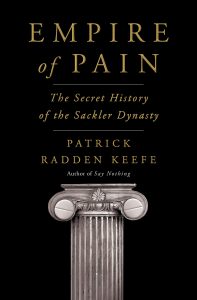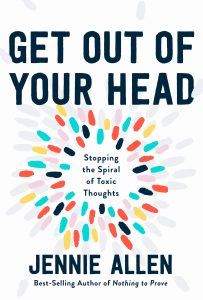
Peter Beinart’s latest is not a neutral primer. It is a moral brief that asks readers to reconsider the dominant Jewish narrative of victimhood and supremacy, and to replace it with a story rooted in equality, shared safety, and the infinite value of every human life. Whether you agree with him or not, this is a book that refuses to blink.
What the book argues
Beinart contends that Jewish communities have leaned too heavily on a single story of persecution that can distort both tradition and history. In the wake of Gaza, he urges a reconstruction of meaning: what does it mean to be Jewish when Jewish texts, language, and memory are invoked to justify the starvation and mass death of another people. His answer is a story that rejects supremacy for equality, and that ties Jewish and Palestinian security together rather than setting them at odds.
The book pulls from scripture, modern history, and transitional justice frameworks to argue that moral repair is possible. Beinart draws comparisons to decolonization efforts and past reckonings elsewhere, and he asks Jewish readers to imagine a future that centers dignity for all who live between the river and the sea.
Why it resonates
Readers who praised the book found it bracing and clarifying. One early response highlights the way Beinart names a painful bind after October 7: support for Israeli hostages became entangled with support for a war that created more suffering and future violence. Admirers note his willingness to revisit sacred cows, to scrutinize early Zionist language, and to foreground the costs of dispossession. They also appreciate how he reframes political slogans and legal terms so that arguments about equality are not miscast as calls for elimination.
Where readers push back
This is also a lightning rod. Critics on Beinart’s left argue that he centers Jewish experience at the very moment Palestinians face annihilation, and that the project functions as an elegant off-ramp for liberal Zionists rather than a true reckoning with Zionism itself. Critics on his right see selective history, minimization of Hamas atrocities, and a double standard in how concepts like human shields, hostages, and urban warfare are discussed. Some take issue with his sourcing on specific claims and his treatment of October 7, arguing that he underplays agency and intent on the Palestinian side while magnifying state culpability on the Israeli side.
How Beinart writes
Beinart’s style is lucid, urgent, and personal. He blends midrashic reading with political analysis and builds a narrative that is easy to follow even when it digs into thorny historical episodes. The clarity is a strength for general readers, though specialists will sometimes want more footnotes and tighter engagement with counterarguments.
Who this is for
- Jewish readers who feel unmoored by the last year and are searching for an ethical framework that is both particular and universal
- Interfaith and secular readers who want a concise articulation of the equality argument in Israel and Palestine
- Book clubs and classrooms that can host rigorous debate about narrative, power, and moral responsibility
If you want a book that confirms your priors, this may frustrate you. If you want one that forces you to test them, this will deliver.
Verdict
Being Jewish After the Destruction of Gaza is passionate, readable, and deliberately provocative. Its core claim is simple and hard: safety built on domination is brittle. Beinart invites a different foundation that treats Jewish and Palestinian flourishing as inseparable. The argument will not persuade everyone, but it enlarges the conversation and gives readers concrete language for what a postwar moral horizon could look like.
👉 Get your copy of Being Jewish After the Destruction of Gaza here: https://amzn.to/4nTL5WT


